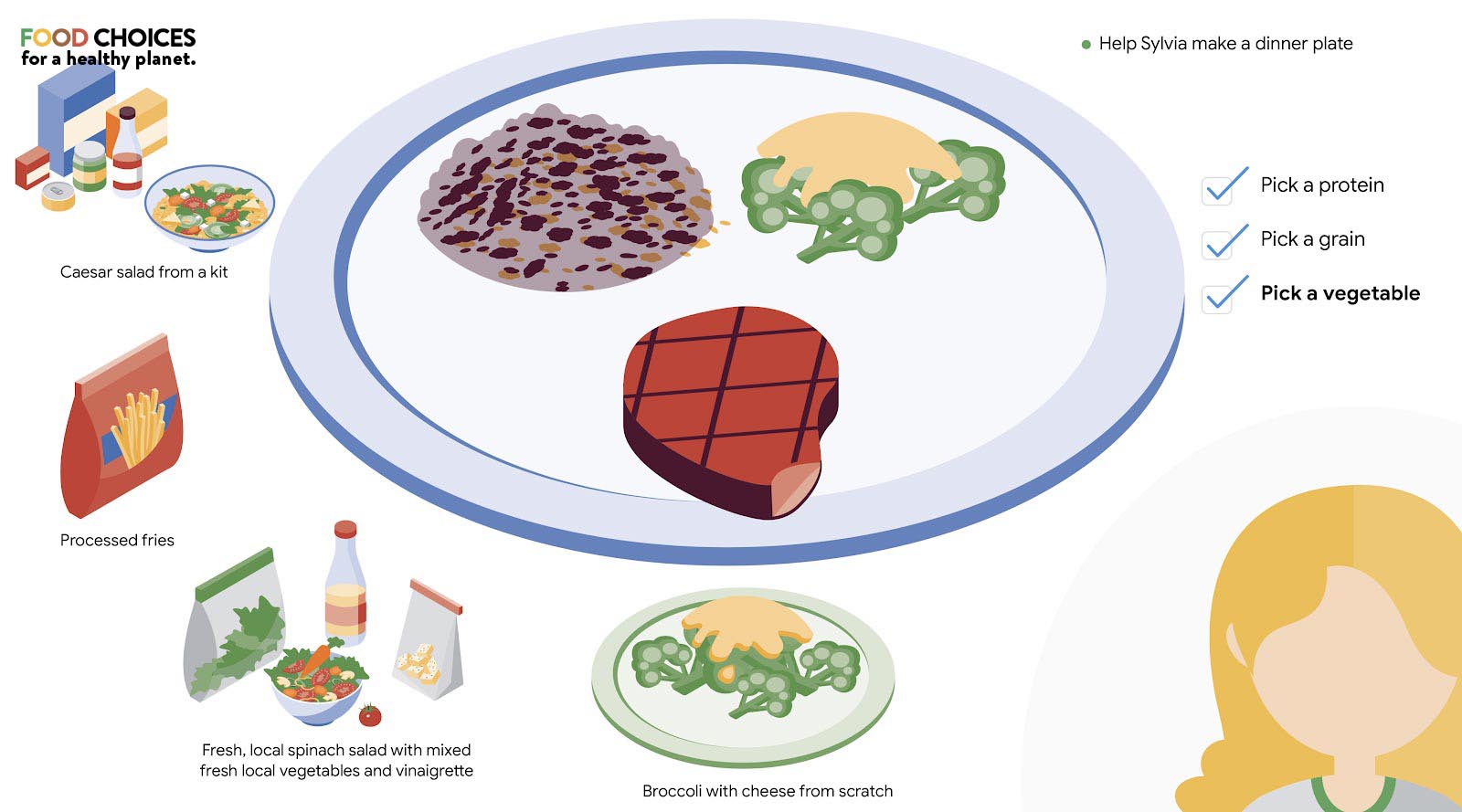
Good nutrition is essential for good health. Research has shown that infants with better nutrition have stronger immune systems and are healthier. It can also help people live longer and prevent them from developing non-communicable diseases. A balanced diet can make people more productive and help break the cycle of hunger and poverty. Malnutrition poses a grave threat to human health. In low-income countries, the burden of malnutrition includes both overweight and undernutrition.
The process of nutrition is the process of assimilation of food by living organisms. This allows living organisms to sustain themselves and reproduce. Many important nutrients are found in food. Good nutrition will help you choose better foods. It will help you see the benefits of eating healthy foods. By understanding what these components are, you can make healthier food choices. Listed below are some of the most important nutrients in human nutrition.

What is nutrition? Nutrition is the study and application of nutrients in foods. The scientific principles of nutrition are derived from molecular biology, biochemistry, genetics, and food metabolism. Nutrition scientists' primary goal is to improve health and decrease the risk of chronic diseases and allergies. Researchers have been studying the role nutrients play in the body to improve people's health and reduce their risk of developing certain diseases or conditions.
There are many types of nutrition, including the types of foods, the types of food we eat, and the composition of each. But there are three key parts to the nutrition process. First, food is consumed. Next, food is eaten. Once nutrients have been absorbed, they are used as fuel by the body. The nutrients, for example, are responsible to providing the required vitamins and minerals.
Food is crucial for our bodies' health. It provides vital nutrients and sustains our bodies. Healthier eating habits are key to good health. What is the ideal diet? It depends on the lifestyle you lead and the food you eat. If you are overweight, avoid salty foods and eat foods low in saturated fats.

There are three types of nutrition. The macronutrients is the first. They are the nutrients we need in large amounts. Complex carbs include many sugars. They are also great for moving food through your digestive tract. They can provide energy and help with digestion. Micronutrients are another important part of your diet. A lot of fiber is necessary to maintain a healthy digestive system.
FAQ
What kind of food should I avoid when trying to lose weight?
Avoid trans fats. Trans fats can raise LDL (the unhealthy) cholesterol levels while lowering HDL levels (the good).
Trans fats can be found in fast food, deep-fried foods, packaged baked goods, snack cake, and other processed foods.
These unhealthy fats can also lead to inflammation, which can cause heart disease and diabetes.
Avoid foods that are sweetened with artificial sweeteners. Artificial sweeteners have been linked to an increase in cancer risk.
These chemicals can be found in soft drinks, chewing gum, and candy bars. They are also found in poultry, eggs, meat and fish.
Artificial sweeteners can be saccharin or cyclamate, sucralose, sorbitol or aspartame.
These chemicals can damage DNA and cause cell death, according to the American Heart Association.
How often should I exercise each week?
It all depends on how much time and what kind of exercise you like. You should do moderate-intensity aerobic exercise three to five days per week. It is important not to overdo it. To get the best results from your exercise, it is important to be consistent.
Which exercises are most effective for me?
It really depends on the type of fitness goal you have. Some people focus on endurance activities like running, cycling, and swimming. Others love lifting weights or using resistance bars. There are so many different types of exercise programs available today. Select the one that best suits your needs.
Is Yoga Beneficial?
Yoga has been around since ancient times, and it has recently gained popularity. Yoga is very popular with celebrities as well as ordinary people who wish to be fit and healthy.
Yoga is great because you can stretch your muscles and strengthen them. Yoga can also help calm your mind and relax you.
The primary difference between yoga and other forms is the focus on breathing techniques in yoga.
Different poses can be practiced to increase flexibility and balance.
Statistics
- Are You One of the 20% of Guys (mh.co.za)
- 10 pounds in a month is likely during a lean bulking phase, especially for beginners. (muscleandstrength.com)
- An estimated calorie range for moderately active adult males falls between 2,200 to 2,800 calories per day, depending on age. (eatright.org)
- According to the American Heart Association, blood pressure should be checked at least once every two years, beginning at age 20. (my.clevelandclinic.org)
- Cardmembers earn 5% Back at Amazon.com with a Prime Credit Card. (amazon.com)
External Links
How To
What nutrients does a man need daily?
Men require daily nutrition for healthy growth and development. Your body needs vitamins, minerals and nutrients as well as carbohydrates, proteins, fats, carbohydrate, fiber, and other essential components.
The male body also requires specific nutrients at different times throughout the day. You can see that your body uses energy to make hormones. Protein is needed to build muscles and repair tissue damaged when you wake up.
Your body stores extra energy as glycogen and breaks down fat at night. During this time, your body needs fewer calories but still needs sufficient nutrients. You may have an occasional snack during the evening hours if you feel hungry.
To fuel your muscles while you train, you will need sufficient carbs as well as protein. If you train hard, you may experience muscle soreness after exercising.
To prevent this, you must consume carbs and protein within 2 hours of training. Your body will use stored glycogen to produce glucose for energy.
After your workouts, you should eat protein immediately. This prevents muscle tissue from being broken down while you are sleeping.
During periods of intense physical activity, your body produces lactic acid. The body produces lactic acid when there is too much activity. This can cause fatigue. This can be avoided by eating foods high in carbohydrates like fruits and vegetables.
Carbohydrates give your body the energy it needs to recover from strenuous exercise.
Your diet may include lean meats like fish, eggs, milk cheese, yogurt or beans as well as lean proteins such as fish, eggs, egg yolks, cheese, yogurt, bean, peanuts and seeds.
All of these foods contain high-quality protein. Protein promotes muscle growth, and helps repair damaged tissues. Protein also supplies the amino acids your body requires to make sex hormones, such as testosterone.
You also need enough dietary fats to maintain good skin, hair, nails, and joints. Healthy men require between 20% and 35% of total caloric intake from fat.
Fat protects your heart from cancer and keeps it strong. It helps keep your brain working properly.
Most of the fat you need can be obtained from vegetable oils, including sunflower oil (or soybean oil), peanut oil, peanut oil, soybean oil, and peanut oil.
These oils are rich in monounsaturated essential fatty acids (MUFAs). MUFAs lower cholesterol and decrease inflammation. They protect your cells against free radical damage.
Saturated oils (SFAs), found primarily in animal products such meats, dairy products and butter, are known to raise LDL ("bad") cholesterol. SFAs are known to raise LDL ("bad") cholesterol and raise triglycerides. They promote weight gain as well as belly fat.
Plant-based fats such as vegetable oils, seeds, nuts and grains contain polyunsaturated (PUFAs). PUFAs improve cardiovascular function and decrease inflammation. They can also control blood sugar levels and cholesterol.
Low HDL ("good") cholesterol is a common cause of erectile dysfunction in men. High consumption of saturated fats increases bad cholesterol, which lowers the level of good cholesterol.
Because of the high levels of nitrates in red meat and pork, men with prostate problems may eat more of them. If cooked at high temperatures, the nitrates become nitrosamines. These compounds can lead to cancer.
Most processed meats contain nitrites or other harmful chemicals. You should avoid them.
The American Heart Association recommends eating no more than 2 servings of red meat per week. Instead, opt for poultry, fish, legumes and tofu as well as whole grains bread and cereals.